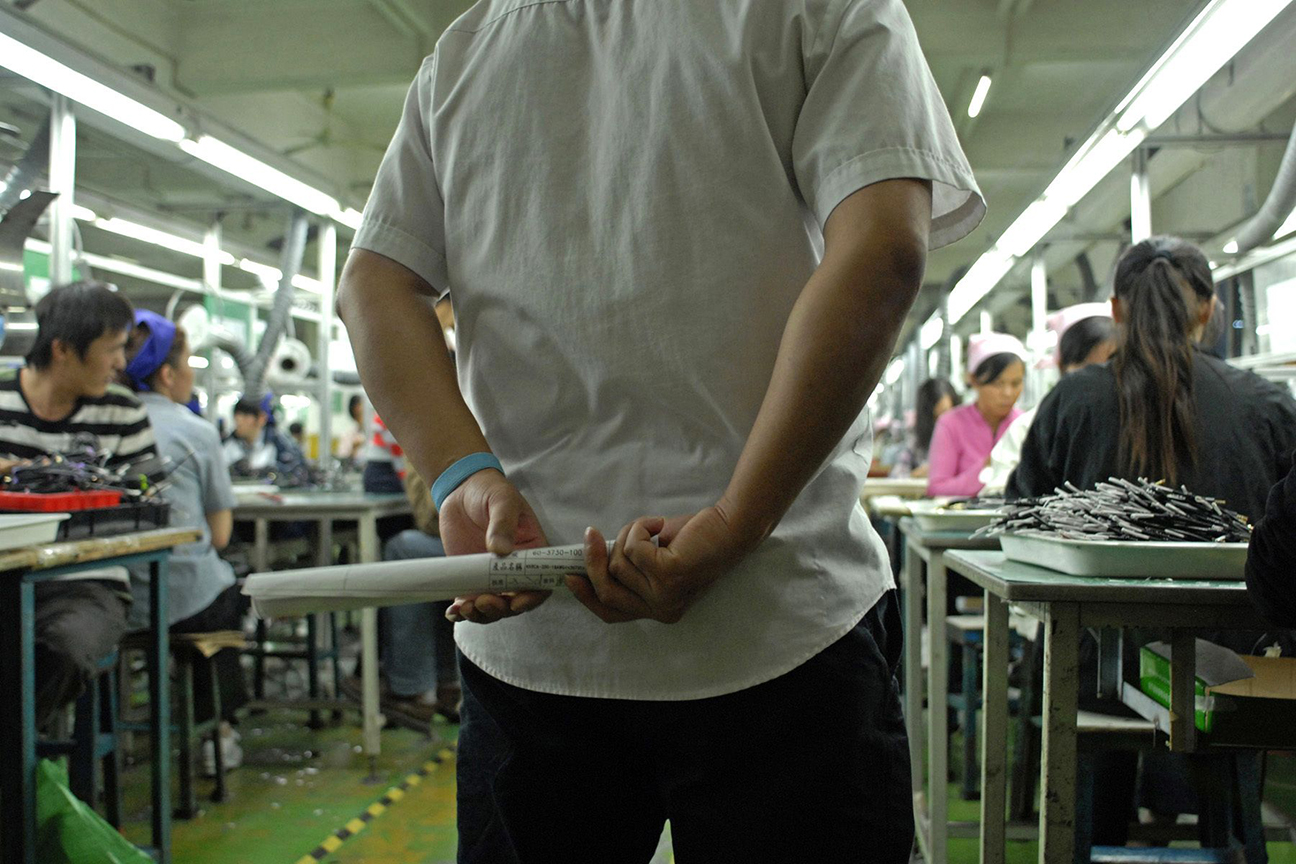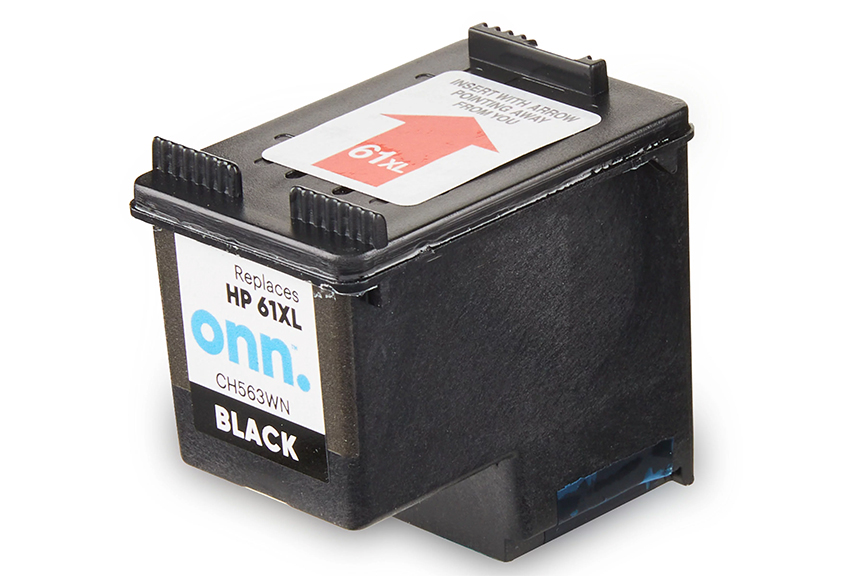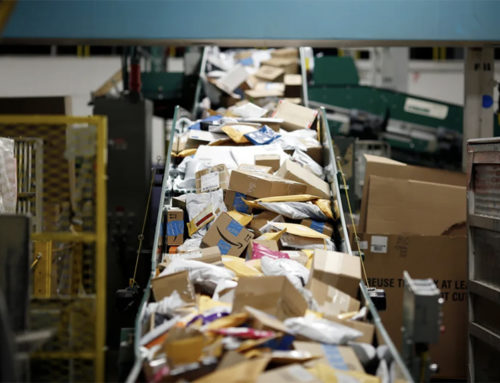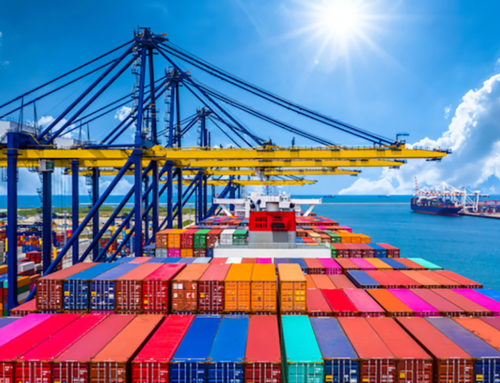In recent months, the specter of unethical practices in the production of toner and ink cartridges in China has cast a long shadow over major retailers. Most notably, giants like Amazon and Walmart have come under scrutiny for continuing to stock products manufactured under dubious conditions by Ninestar, a Chinese company, despite a ban imposed by the U.S. Department of Homeland Security under the UFLPA Act. In the crosshairs of this controversy is the widely recognized Ninestar brand, G & G Ink and Toner, which shamelessly persists in being listed and sold on Walmart.com, seemingly unmoved by U.S. law.
The situation becomes even more concerning when we consider Walmart’s own remanufactured ink brand, Onn. With over 4,674 Walmart stores scattered across the United States, it strains credulity to assume that all these stores are supplied solely by a domestic remanufactured cartridge supply chain. Given Walmart’s track record of sourcing goods from Chinese suppliers, a logical deduction leads back to Ninestar—a company boasting the production capacity to provide Walmart with privately labeled products, whether they are remanufactured or newly built cartridges.
The role of Customs and Border Patrol in curbing the sale of these questionable products raises numerous questions. Walmart claims to fulfill these cartridges, raising inquiries regarding their origin—whether they are sourced from Walmart’s warehouses or blindly shipped from Ninestar Technology’s Chino facility in California. Remarkably, no noteworthy seizures have been reported either at Walmart or Ninestar facilities, a fact that would undoubtedly make headline news.

The persisting sale of Ninestar products by Walmart raises profound ethical, legal, and enforcement questions. Despite the U.S. government’s ban on these products from June 12, 2023, Walmart appears to either disregard this reality or consciously turn a blind eye. Other companies, such as Arlington, Supplies Wholesale, Supplies Network, and International Toner, could potentially find themselves in a similar predicament. The magnitude of this issue raises grave concerns—Ninestar products continue to flood the U.S. market in contravention of the law, exposing companies to both criminal and civil penalties.
Walmart now stands at a pivotal juncture. It possesses a distinct opportunity to lead by example, demonstrating a genuine commitment to the law and to upholding anti unethical and moral standards. Conversely, by failing to act, Walmart, as the world’s largest retailer, implicitly condones forced labor, lawlessness, and a lack of ethics, all in pursuit of profit.
Entities found knowingly benefiting from ventures involving forced labor or the exploitation of forced labor for profit, or displaying reckless disregard for such nefarious activities, potentially face criminal prosecution under 18 U.S.C. § 1589. Additionally, their merchandise may be subjected to seizure and forfeiture through civil enforcement processes if found to be produced utilizing forced labor (source: dhs.gov).
In this turbulent landscape where ethics, legality, and consumer sentiment intersect, Walmart finds itself at a crossroads. Will it take a stand against the tide of unethical practices, or will it persist in business as usual, ignoring both the law and the concerns of conscientious consumers? Only time will tell, but the world is watching, and the outcome will undoubtedly have far-reaching implications for the global retail giant.






